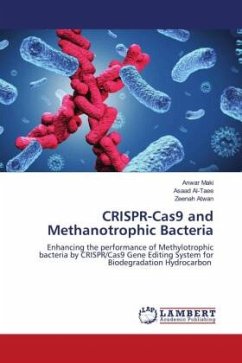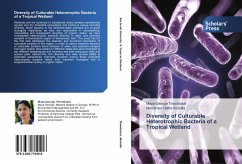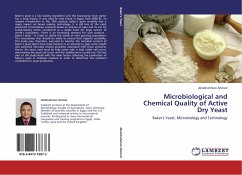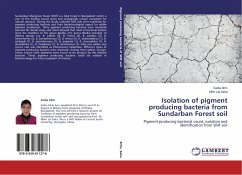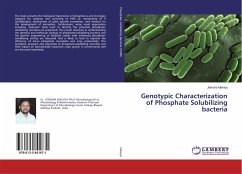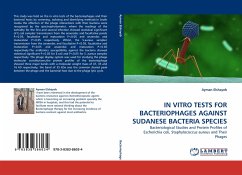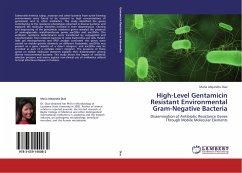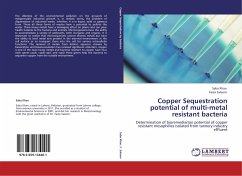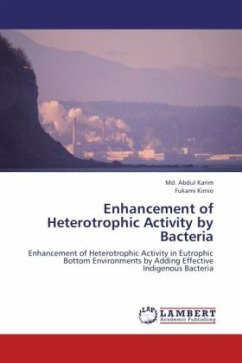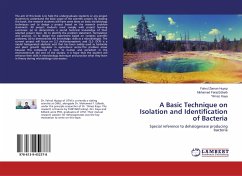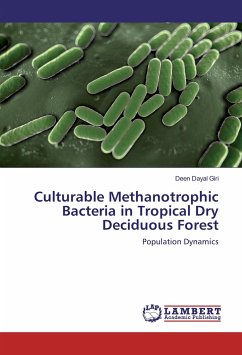
Culturable Methanotrophic Bacteria in Tropical Dry Deciduous Forest
Population Dynamics
Versandkostenfrei!
Versandfertig in 6-10 Tagen
39,99 €
inkl. MwSt.

PAYBACK Punkte
20 °P sammeln!
Methanotrophic bacteria are ubiquitous group of microbes utilizing methane as a sole source of carbon and energy. They reside in top aerobic zone of soil and utilize atmospheric as well as endogenous methane produced from anaerobic zone in the deep soil. Methane consumption ability of soil is supposed to be directly related to the number of methanotrophic bacterial population size. Tropical dry deciduous forests of Vindhyan region, a strong methane sink, were selected for the study of population dynamics of culturable methanotrophs in relation to available nutrients and soil moisture regime. I...
Methanotrophic bacteria are ubiquitous group of microbes utilizing methane as a sole source of carbon and energy. They reside in top aerobic zone of soil and utilize atmospheric as well as endogenous methane produced from anaerobic zone in the deep soil. Methane consumption ability of soil is supposed to be directly related to the number of methanotrophic bacterial population size. Tropical dry deciduous forests of Vindhyan region, a strong methane sink, were selected for the study of population dynamics of culturable methanotrophs in relation to available nutrients and soil moisture regime. In addition to this, influence of topographcal variations on methanotrophic population was also studied at hill slope of Panchamarhi in central India. Thirty different geographical locations were selected across the India and influence of geographical variation and impact of agriculture practice was evaluated. The present data could be used for estimating the methane sink strength of the country.



